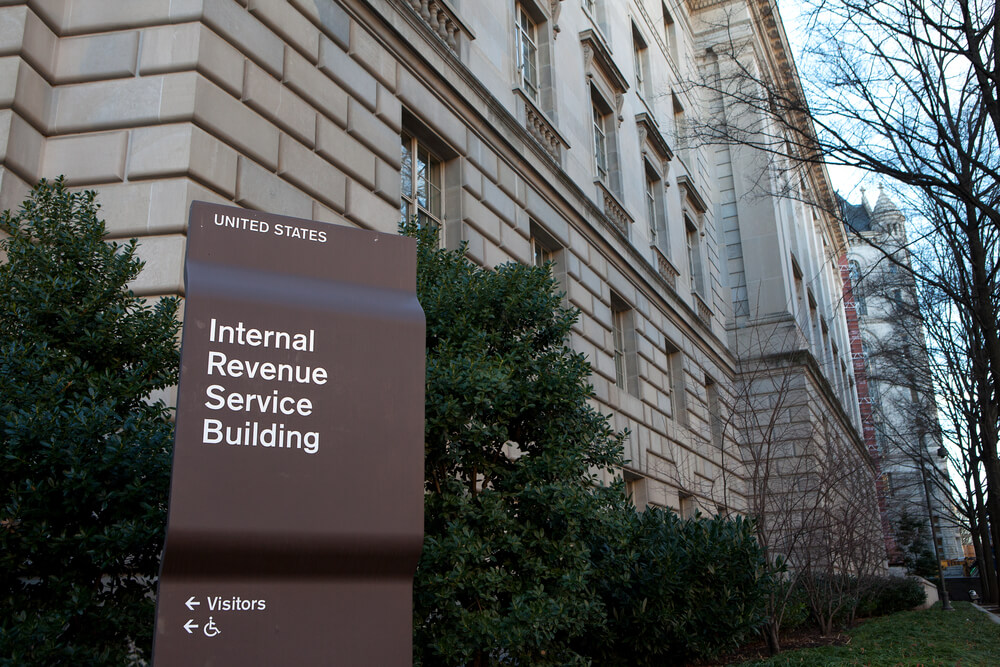Coinbase Likely to Lose Battle to Protect Users from IRS Bitcoin Tax Probe

If you’re a long-time Coinbase user and have neglected to pay taxes on your bitcoin profits, you may soon find yourself in legal hot water, because a U.S. district court is likely to force the bitcoin exchange to hand over records from thousands of U.S. customers to the Internal Revenue Service (IRS).
As CCN.com has reported extensively in the past, the IRS has taken Coinbase to court in an attempt to force it to relinquish customer financial records to the tax-collecting agency. The IRS claims that, despite the bitcoin price’s astronomical appreciation over the years, only a few hundred individuals have reported bitcoin profits on their annual tax returns.
Under current regulations, bitcoin holdings are taxed like property, meaning that they are subject to capital gains taxes based on the value of the coins when disposed of or sold. This means that, legally, taxpayers are required to maintain detailed records of profit realized from all cryptocurrency transactions, even those as minor as purchasing a cup of coffee.
Initially, the IRS requested records of virtually all U.S. customers from 2013-2015, which Coinbase estimates include more than 500,000 customers. Following pushback from the exchange, the IRS reduced that summons to approximately 14,000 customers, specifically those who bought, sold, set, or received the equivalent of $20,000 during any one year during the period in question.
Despite the narrowed scope, Coinbase maintains that the summons is “unjustified and invasive to our customers,” and the company argued as much in a hearing held in San Francisco last week. However, Bloomberg reports that the court is likely to side with IRS.
“It’s legitimate for them to investigate whether people are making money on their bitcoin purchases” and paying taxes on any gains, U.S. Magistrate Judge Jacqueline Scott Corley reportedly told lawyers for Coinbase at a hearing last week. “I have to give tremendous discretion to the agency as to how they investigate,” she added later.
Indeed, the IRS has gone to extensive lengths to identify bitcoin tax evaders. Earlier this year, a public records request revealed that the agency had contracted with a blockchain analytics firm to identify people who were likely using the cryptocurrency to avoid paying taxes. According to the IRS website, tax evaders face stiff penalties and potentially even imprisonment.
In a blog post , Coinbase said it hopes to work with the IRS in the future to establish a “reasonable tax reporting method that makes sense for virtual currency service providers and consumers alike.”
Featured image from Shutterstock.